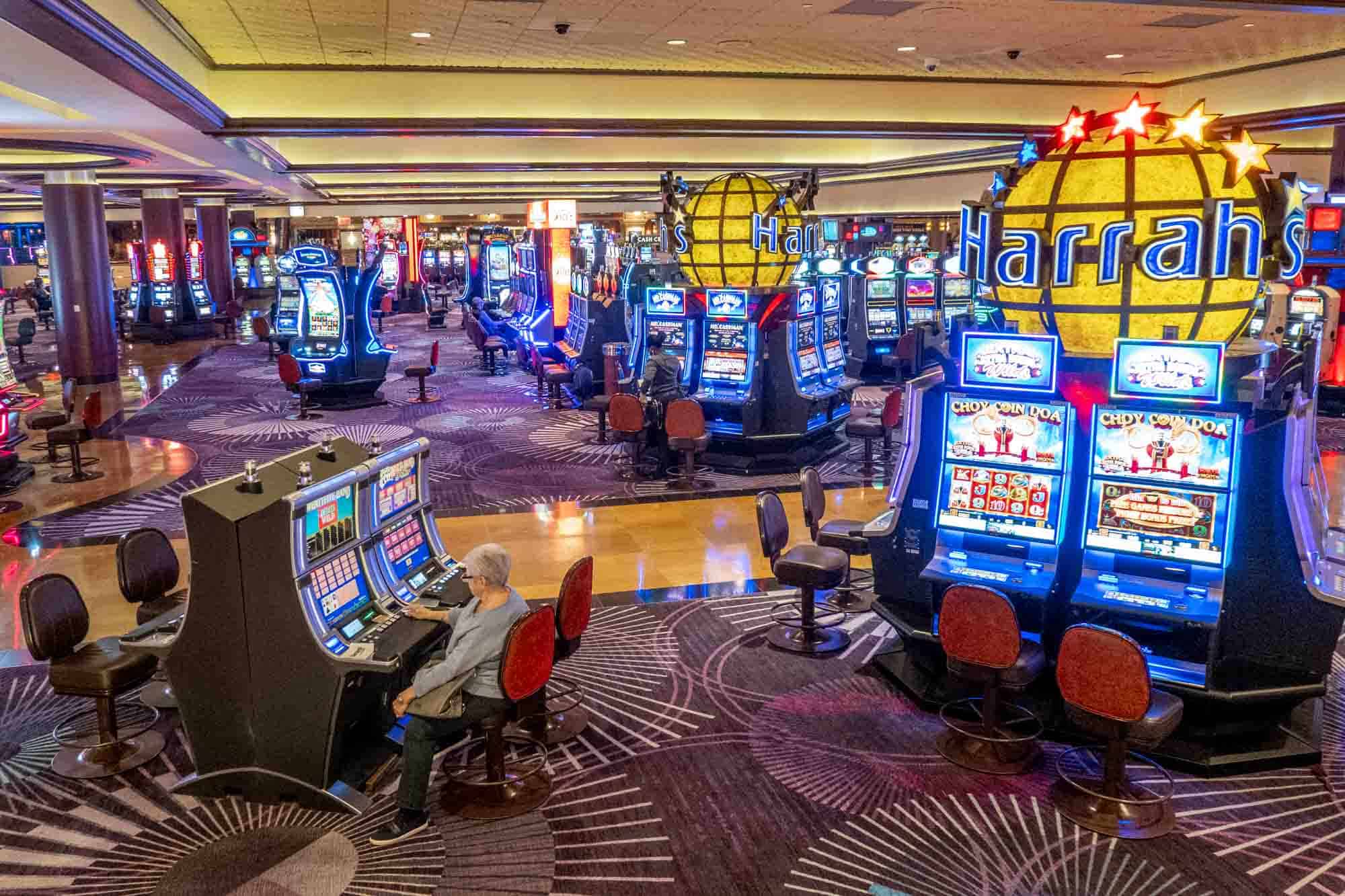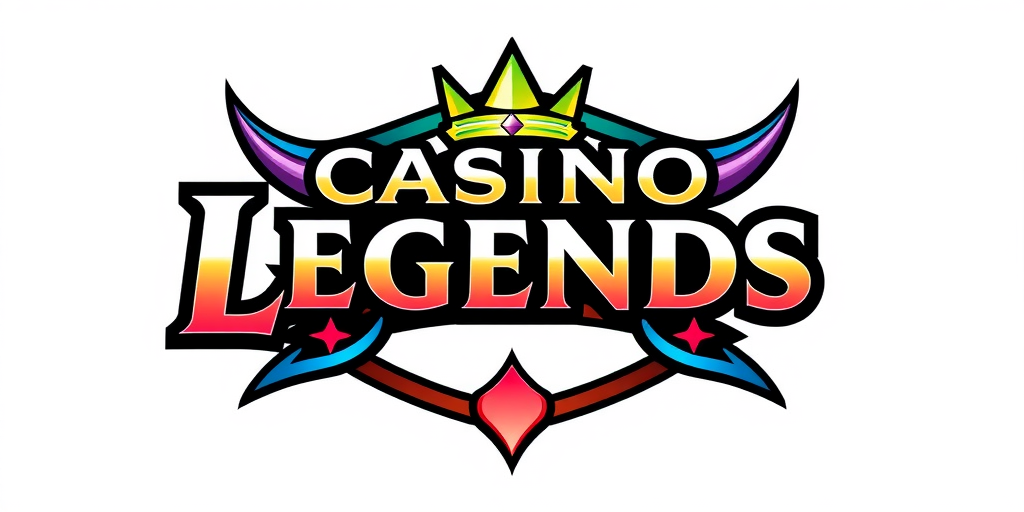A Day in the Life of a Gambling Table Dealer

Within the lively world of casinos, where the air humms with enthusiasm and the clattering of chips permeates the environment, the role of a dealer is both essential and captivating. Each day, these skilled professionals step into a realm where luck and tactics converge, leading players through the ups and downs of their chosen casino titles. From card games like 21 and texas hold 'em to the revolving wheels of the roulette table, dealers facilitate the action while making sure that each game operates seamlessly and honestly.
As the day breaks on another bustling day, a casino dealer gets ready to immerse themselves in this dynamic setting. Their duties extend beyond merely distributing the cards or turning a wheel; they are also performers, service providers, and keepers of the rules. Each shift brings new obstacles and interactions, making every day distinct in the life of a dealer. This insider look will examine the day-to-day operations of a casino dealer, highlighting the expertise and insights that make this career both exciting and rewarding.
The Role of a Gambling Table Dealer
A gambling table dealer is at the heart of the gambling experience, orchestrating the flow of the game while making sure that players are engaged and enjoying themselves. Their primary duty is to oversee the game, which involves dealing cards, rotating the wheel, or handling the chips, based on the game being played. Dealers must have a deep understanding of the rules and guidelines governing each game, while also upholding a welcoming and welcoming demeanor to improve the gambling atmosphere.
In addition to overseeing the play, croupiers must also keep a close watch on the players and the environment around the table. This includes monitoring for any signs of cheating, ensuring that everyone is following the guidelines, and resolving any disputes that may arise among players. Effective communication skills are essential, as dealers often give explanations about the rules and mechanics and give assistance to those who may be novice to casino games.
Moreover, a croupier's role extends past just the mechanical aspects of the play. BJ88 They play a crucial part in crafting an immersive experience for the players. This necessitates building a rapport with patrons, being sensitive to their wants, and often adding an aspect of entertainment into the play. It’s this combination of talent, vigilance, and people skills that makes the role of a casino table croupier both demanding and fulfilling in the dynamic world of casino games.
Responsibilities and Challenges in Daily Operations
One of the primary responsibilities of a casino game dealer is to oversee the various games provided at their table, ensuring a smooth and enjoyable experience for players. Dealers must be adept at dealing cards, managing chips, and maintaining the flow of the game. This necessitates a deep understanding of the rules of each game, from blackjack to roulette, and the ability to answer players' questions while maintaining the game progressing. Attention to precision is crucial, as dealers must monitor bets, pay out winnings correctly, and monitor any cheating or discrepancies at the table.
In addition to managing the game itself, dealers face challenges such as dealing with difficult players. The casino environment can be tense, particularly during intense games, and a dealer must remain composed and maintain professionalism at all times. They need robust interpersonal skills to handle interactions with players who may be frustrated about losses or dissatisfied with the game's speed. Handling these situations delicately is crucial in ensuring a positive atmosphere on the casino floor.
Another significant responsibility is upholding the honesty of the game. Dealers must be alert and attentive, watching for any signs of collusion or cheating among players. This involves not only a solid knowledge of the games but also an awareness of player psychology. They must also follow the casino's rules and procedures, participating in regular training sessions to stay informed on rules and protocols. Balancing these responsibilities while providing excellent customer service is what makes the role both difficult and fulfilling for a casino game dealer.
Attributes and Qualities for Success
A successful casino game dealer must demonstrate outstanding communication skills. This includes not just the ability to clearly explain game rules and procedures to players but also the capacity to engage with them in a friendly and respectful manner. Fostering rapport with customers can enhance the gaming experience and encourage repeat visits to the casino. Effective communication enables dealers to manage tables efficiently while ensuring that players feel appreciated.
Additionally, robust mathematical skills are essential for a dealer. Quick calculations are often required to keep track of bets, payouts, and game outcomes in real-time. A dealer’s ability to perform these calculations accurately and swiftly adds to the overall efficiency of the game. This skill helps in maintaining the flow of play and in minimizing disputes or misunderstandings with players, which is crucial in a dynamic casino environment.
Lastly, an ideal casino game dealer should exhibit integrity and professionalism at all times. Trust is a crucial component of the gaming experience, and players must feel confident that the games are conducted fairly and openly. A dealer's dedication to upholding high ethical standards fosters a positive atmosphere at the table and enhances the casino's image. Being consistent in behavior ensures that dealers leave a enduring impression on guests, which can lead to a loyal customer base.

